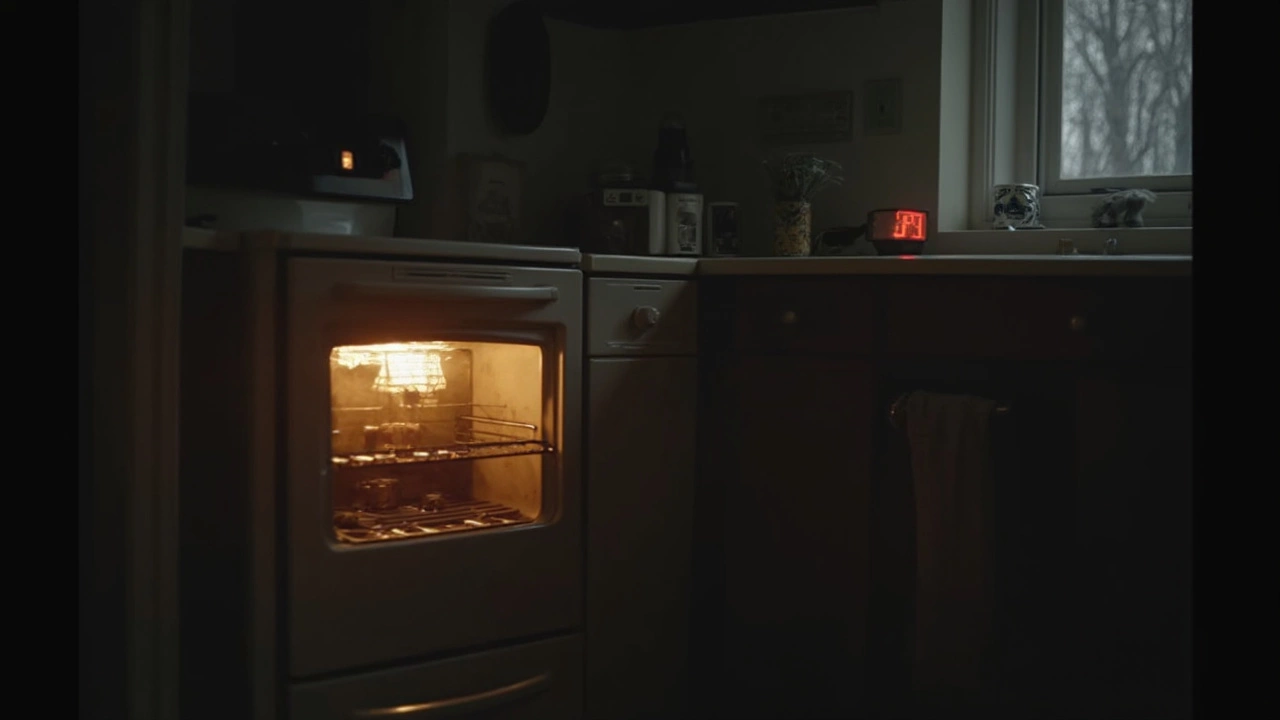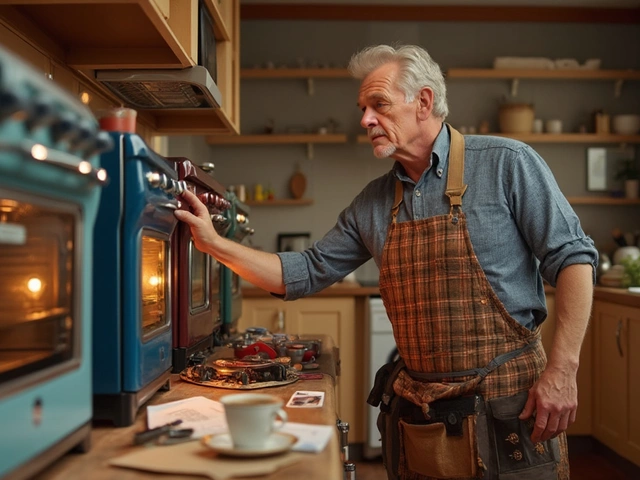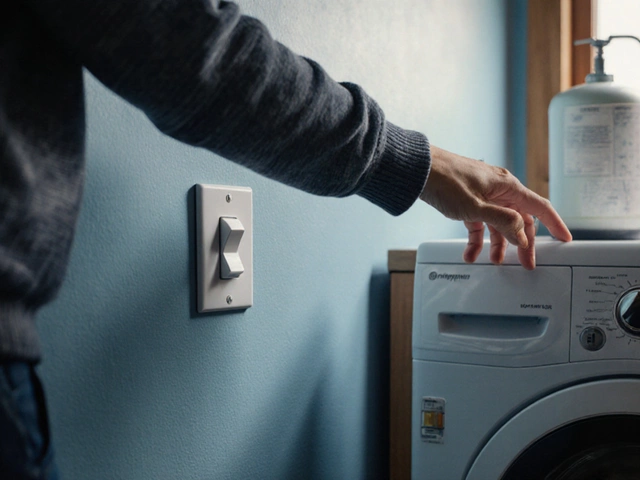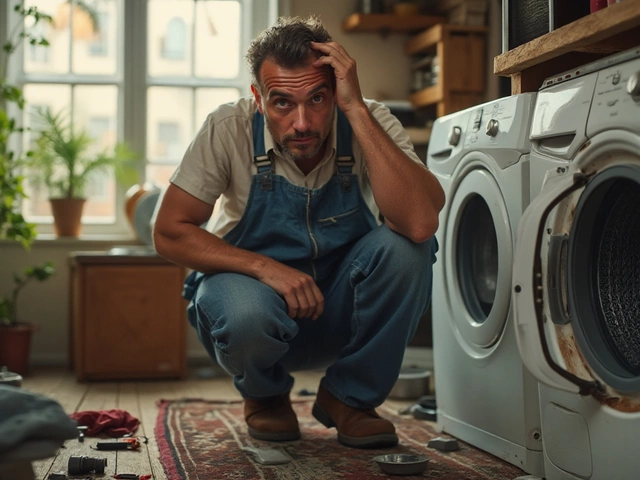Can Electric Ovens Be Fixed: Your Handy Guide
February 20 2025Safety Tips Every Homeowner Should Follow
When it comes to keeping your house comfortable, the last thing you want is an accident caused by a faulty appliance. Whether you’re dealing with a boiler, a kitchen extractor fan, or a pressure cooker, a few simple habits can stop problems before they start. Below are the most useful safety checks you can do yourself, plus when to call in a professional.
Know the Red Flags
Appliances give clues when something’s off. A strange smell, rattling noise, or inconsistent heating are all warning signs. For a gas boiler, a yellow flame or carbon monoxide alarm beeping means you need a qualified engineer right away – never try to fix gas‑related issues on your own. With electric devices like ovens or extractors, watch for flickering lights or the motor humming without moving air; that usually points to a motor or wiring problem.
Another easy check is the age of the unit. Most boilers and water heaters start to lose efficiency after 10‑15 years. If yours is reaching that age, schedule a service visit even if everything seems fine. Regular servicing catches wear and tear that you can’t see, keeping the system running safely and saving money on future breakdowns.
Simple Maintenance Routines
Cleaning is the cheapest safety boost you can give an appliance. Kitchen extractors and bathroom fans collect grease and dust that block airflow. Wipe the filters every month and run the fan for a few minutes after each use to dry out moisture. For pressure cookers, inspect the sealing ring for cracks; a damaged ring can cause dangerous pressure leaks.
Water heaters benefit from a quick flush once a year. Drain the tank, let it empty, then refill to remove sediment that can cause overheating and corrosion. If you’re not comfortable turning off the breaker, simply follow the step‑by‑step guide posted on the heater’s manual – safety first.
Finally, test your safety devices. Press the reset button on a boiler’s pressure switch and make sure the carbon monoxide detector chirps when you press the test button. A non‑functioning alarm is a bigger risk than a slightly noisy boiler.
When in doubt, call a certified gas engineer. They have the tools and training to check gas lines, pressure settings, and combustion efficiency. Trying to tinker with gas components yourself can lead to leaks, fire, or carbon monoxide poisoning – none of which are worth the DIY pride.
By keeping an eye on these simple signs and doing regular clean‑ups, you’ll protect your family and avoid costly emergency repairs. Safety isn’t a one‑time task; it’s a habit you build into your routine. Start with one appliance today, and soon the whole house will be running smoother and safer.
 19 Mar
19 Mar
Is It Bad to Leave an Electric Oven On All Night?
Leaving an electric oven on all night isn't just a trivial mistake—it can pose significant safety hazards like fires and carbon monoxide poisoning. Understanding the risks associated with unattended operating ovens, especially overnight, is crucial for every household. This article dives into why it's risky and provides practical tips for using your electric oven safely. Learn how to avoid costly repairs and ensure your home remains secure.
Read More...



